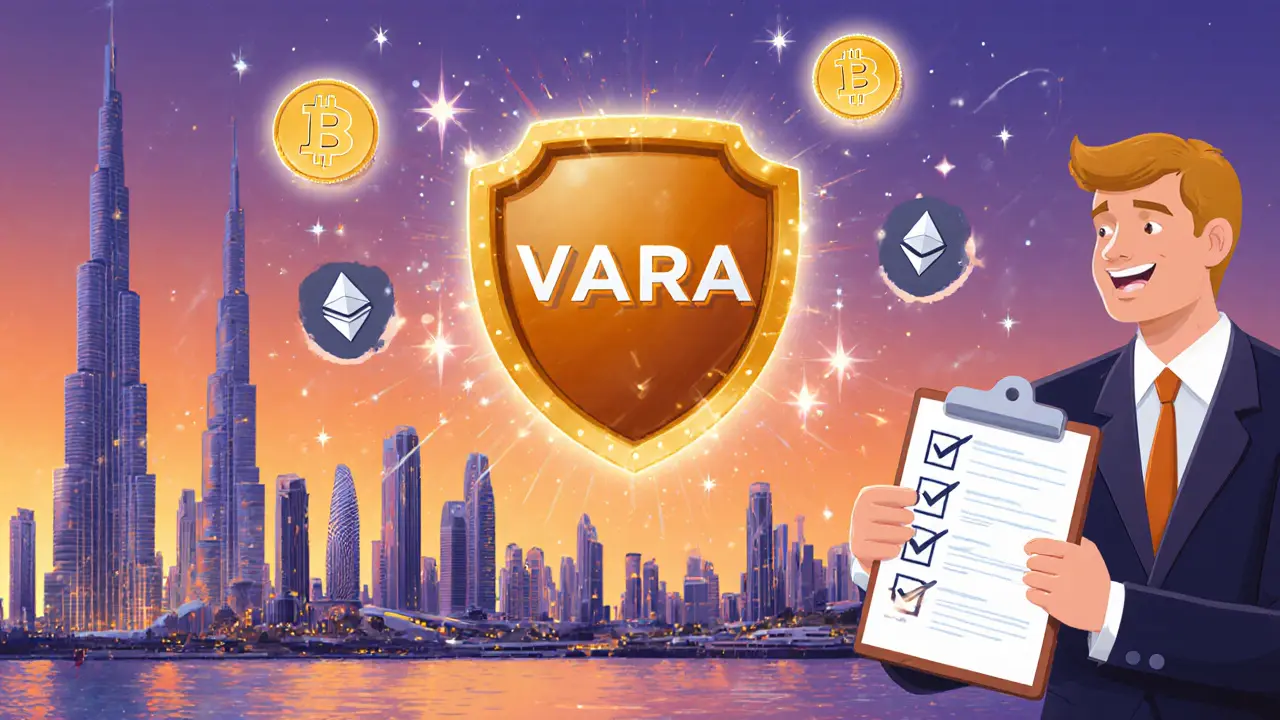When dealing with Virtual asset regulator Dubai, the official body that oversees digital‑asset activities in Dubai, from licensing to market supervision. Also called Dubai Virtual Asset Regulation, it sets the legal framework that crypto firms must follow. The regulator works hand‑in‑hand with the Dubai Financial Services Authority (DFSA), which is the main financial watchdog for the Dubai International Financial Centre, and the broader UAE Crypto Law that governs the whole United Arab Emirates. Together they create a three‑layer system: the regulator defines the rules, the DFSA issues licences, and the UAE Crypto Law provides the national backbone. Virtual asset regulator Dubai therefore not only protects investors but also attracts global projects looking for a clear, business‑friendly environment.
The regulator’s mandate covers several critical topics. First, crypto licensing – every exchange, token issuer, or DeFi platform must obtain a licence that proves they meet capital, governance, and security standards. The DFSA evaluates applications on criteria like technology robustness, AML/CTF (anti‑money‑laundering/counter‑terrorist financing) procedures, and risk management. Second, AML compliance is non‑negotiable; firms need to run KYC checks, monitor suspicious transactions, and file reports with the UAE’s Financial Intelligence Unit. Third, the regulator runs a regulatory sandbox that lets innovators test new blockchain solutions under relaxed rules but with strict oversight – a sweet spot for startups seeking real‑world data without full‑scale compliance costs. Fourth, consumer protection rules require clear disclosures, segregation of client assets, and insurance coverage for potential losses. Finally, cross‑border coordination with other Gulf Cooperation Council (GCC) regulators ensures that Dubai’s standards align with regional trade and finance goals.
All these pieces tie back to the regulator’s core goal: creating a trustworthy market while staying attractive for investors. By mandating transparent reporting, robust security audits, and strict AML programs, the regulator reduces fraud risk and builds confidence among institutional players. At the same time, the sandbox and fast‑track licensing options give developers room to experiment, which fuels innovation in areas like tokenized real estate, decentralized finance, and blockchain‑based supply chains. The result is a ecosystem where a venture can start with a sandbox trial, move to a full licence, and eventually scale across the GCC and beyond, all under a single, coherent rule set.
Below you’ll find a curated collection of articles that break down each of these aspects in plain language. Whether you’re scouting for the latest licensing fee tables, need a step‑by‑step AML checklist, or want to compare Dubai’s sandbox with similar programs in Europe, the posts provide actionable insights that save you time and help you stay compliant. Dive in and discover how the Virtual asset regulator Dubai shapes the future of crypto in the region.

A detailed guide to VARA crypto licensing in Dubai for 2025, covering license types, capital, fees, compliance, restrictions, and how to apply.